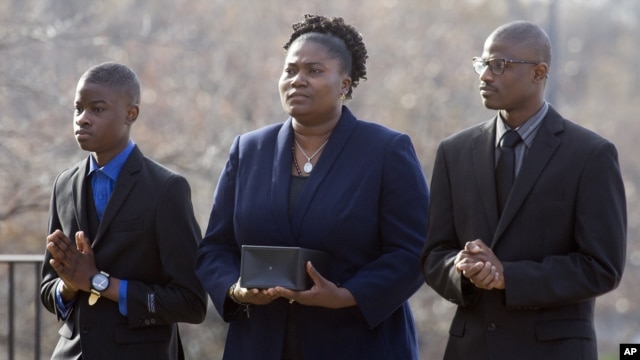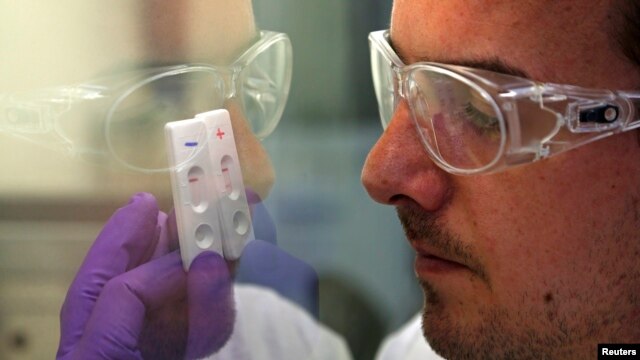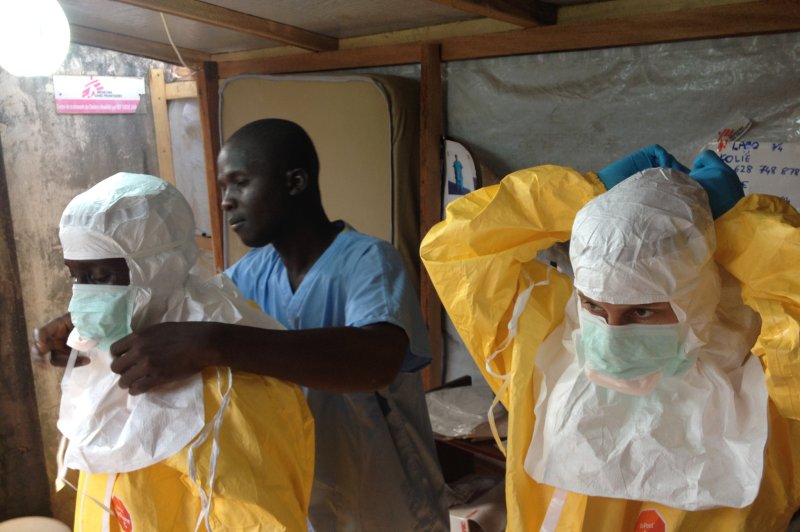A new study by the IMF published in October highlights the economic concerns in sub-Saharan Africa over the effects of the Ebola crisis.
The Regional Economic Outlook for sub-Saharan Africa projects growth in the region to be 5% this year (rising to 5.75% in 2015). This forecast for 2014 is below the 5.5% predicted in the April report, with the Ebola outbreak cited as one of the causes.
The report continues to press for policies promoting high growth in the whole region. But it singles out Guinea, Liberia and Sierra Leone as countries of particular concern given their Ebola outbreaks.
Original article: Ebola Outbreak and Outcome Global Government Forum
The Regional Economic Outlook for sub-Saharan Africa projects growth in the region to be 5% this year (rising to 5.75% in 2015). This forecast for 2014 is below the 5.5% predicted in the April report, with the Ebola outbreak cited as one of the causes.
The report continues to press for policies promoting high growth in the whole region. But it singles out Guinea, Liberia and Sierra Leone as countries of particular concern given their Ebola outbreaks.
Original article: Ebola Outbreak and Outcome Global Government Forum







